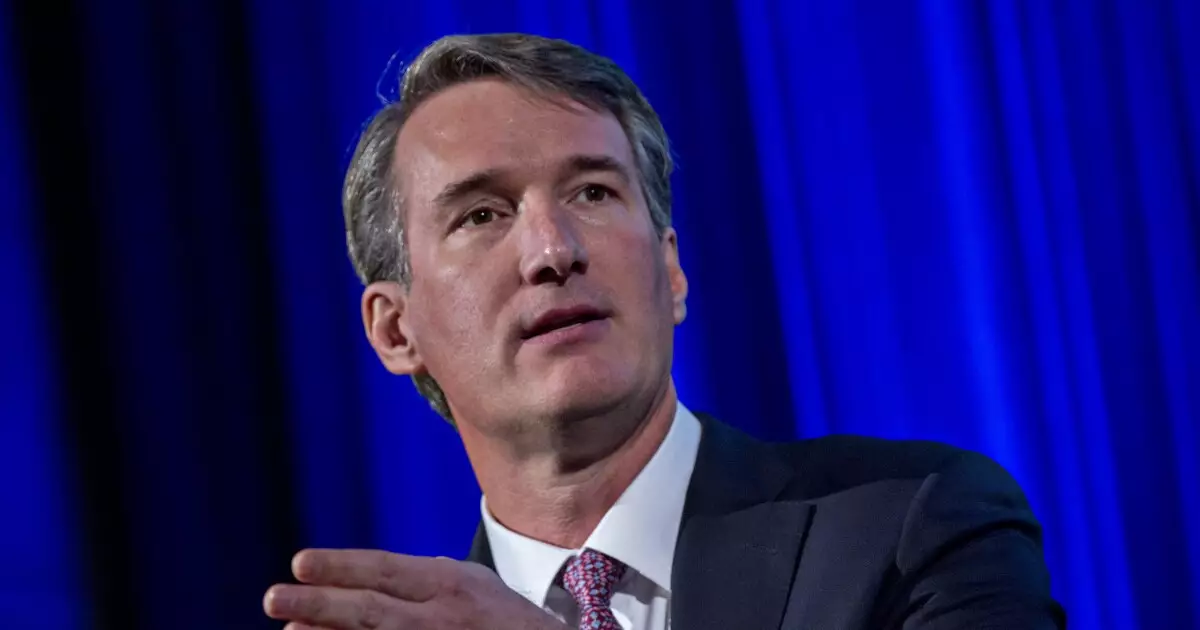Virginia’s current budgetary discussions are representative of a larger trend seen in various states across the U.S. that are grappling with surpluses yet aim to rebalance their fiscal responsibilities while addressing taxpayer needs. Governor Glenn Youngkin’s proposal of a substantial billion-dollar tax rebate is framed against the backdrop of a robust unsolicited income stream, reflecting a political maneuver to garner favor among Virginians. The proposal comes amid a tug-of-war with the Democrat-controlled General Assembly, which echoes a broader conversation about fiscal responsibility and taxpayer equity.
Budget surpluses can offer states unique opportunities for tax relief; however, the process of distributing those surpluses often illuminates ideological divides among lawmakers. With a proposal to deliver rebates amounting to $200 for individuals and $400 for couples, the General Assembly is attempting to address the needs of Virginia’s residents even as they negotiate the terms with the governor.
The intersection of governance and party politics cannot be underestimated in Virginia’s budget negotiations. While Youngkin, a Republican, has shown an interest in broader political ambitions, his interactions with a Democrat-led legislature have presented complexities. His previous experiences, such as the failure of the arena proposal in Alexandria, showcase a friction that still underpins current discussions.
Both parties acknowledge the need for tax rebates, which has opened a potential avenue for cooperation, even amidst their stark differences. Senate Minority Leader Ryan McDougle’s comments highlight an interesting angle: despite the frustration over negotiation dynamics, the primary goal remains the economic relief for Virginians. Politically, this approach not only serves the populace but also strengthens the narrative of both parties as responsive to the electorate’s needs.
Youngkin’s rebate strategy, which includes adjustments to the state’s personal property tax on vehicles, raises critical questions about the efficiency and fairness of how tax rebates are disbursed. The existing tax framework, set at a base rate of 4.15%, funds essential services at both state and local levels. As Virginia looks to manage its financial windfall, the sustainability of the car tax rebate model must be carefully evaluated.
The effectiveness of tax rebates can vary widely based on their structure. While rebates provide immediate financial relief, reliance on specific taxation avenues may obscure longer-term fiscal prudence. As these discussions unfold, a balanced approach between providing short-term relief and maintaining fiscal responsibility could spell out a more sustainable financial future for Virginia.
As Virginia navigates these budgetary discussions, the implications stretch far beyond the immediate dissatisfaction of any fiscal disagreements. The AAA rating recently affirmed by Fitch Ratings underscores a sound fiscal foundation, reflecting the commonwealth’s proven capacity for managing expenditures while fostering economic growth. While the ratings reflect stability, they also present an imperative for continued scrutiny of budgetary practices.
Virginia’s substantial fiscal resources and carefully curated economic strategies signal positive growth prospects; however, long-term stability will rely on the balance of distributing budget surpluses without undermining essential public services. The proposed $295 million infusion into Virginia’s reserve fund indicates a focus on maintaining that balance, ensuring the commonwealth remains well-positioned to absorb future economic shocks.
As Virginia’s budget debate continues, all eyes are on the potential outcomes of this negotiation. The interplay of bipartisan efforts, individual interests, and economic principles will shape the fiscal landscape in the coming years. Navigating these waters requires transparency, accountability, and a commitment to the welfare of all Virginians. Ultimately, whether through tax rebates or other fiscal measures, the state’s governance must aim to strike a balance that ensures both immediate taxpayer relief and long-term financial integrity. The stakes are high as the final version of the budget is brought forward, with critical implications for the economic future of the region.

